Reconciliation with Creation
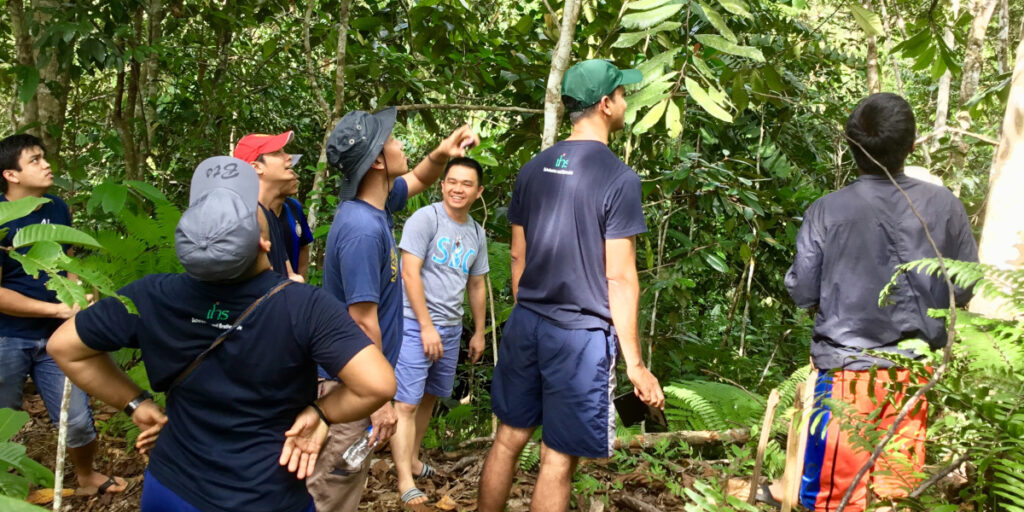
Laudato si’ workshop: promoting a spirituality in action
The movement for climate action has seen tremendous growth in the last couple of years. While climate change strikes and rallies are grabbing headlines, the...read more
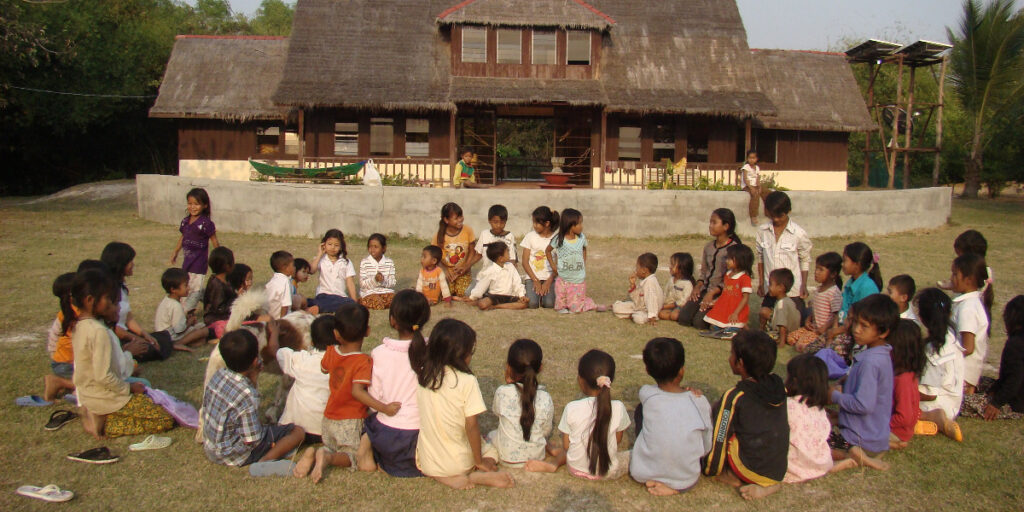
A seed grows in Cambodia
Fr Hernan Pinilla of the Yarumal Society for the Foreign Missions bought a six-hectare plot of land in the village of Keov Mony in 2004....read more
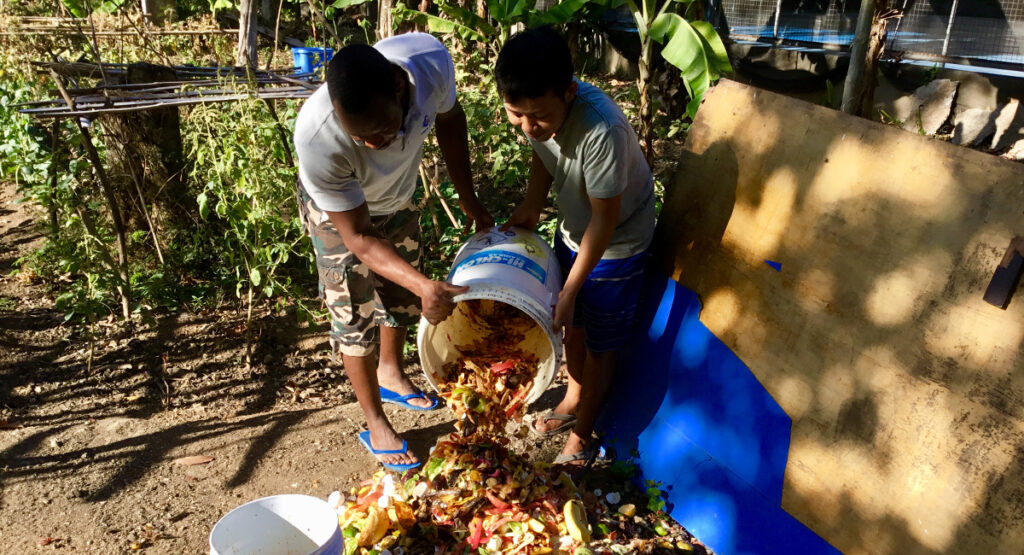
AIR Community’s commitment to the environment
Arrupe International Residence (AIR) in Manila is home to 56 Jesuits representing 17 different nationalities. The community is well-known for its unique hospitality and, owing...read more
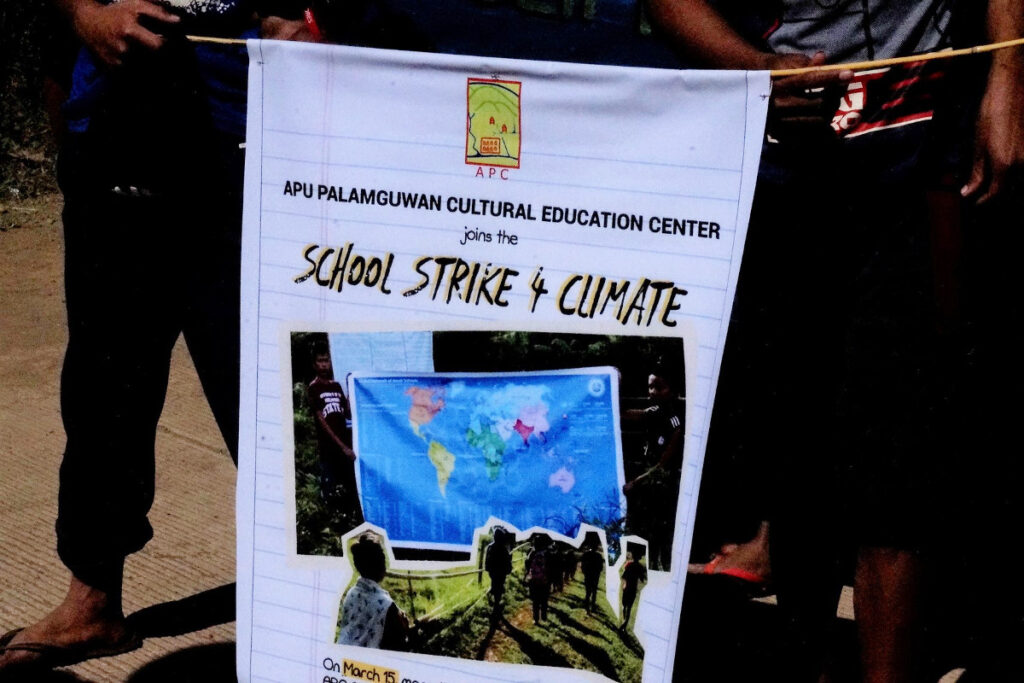
Indigenous youth march for climate
On March 15, over a hundred learners from the Apu Palamguwan Cultural Education Center (APC), a Jesuit institute that seeks to provide an integrated and...read more
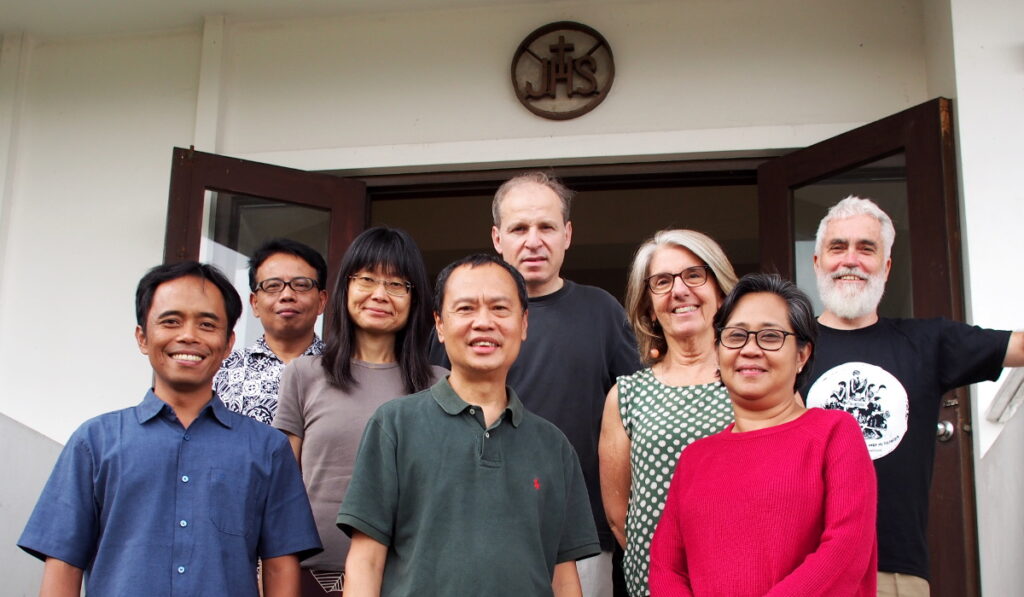
The road ahead for the Social Apostolate
With the Universal Apostolic Preferences (UAPs) expected to be unveiled soon, it was a good opportunity for the conference Social Ministries core team to review...read more
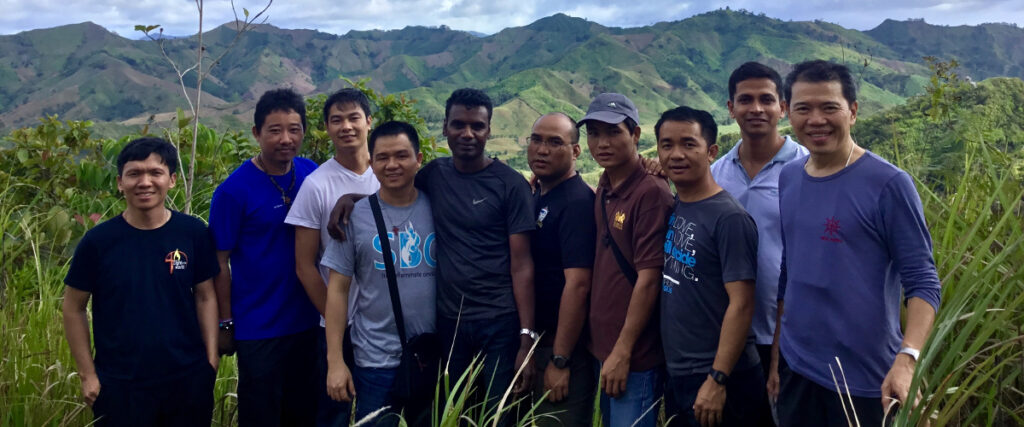
Refreshed by the forests of Bendum
While on school break in January, a group of us from Arrupe International Residence travelled to Bendum in Mindanao for a workshop on reconciliation with...read more
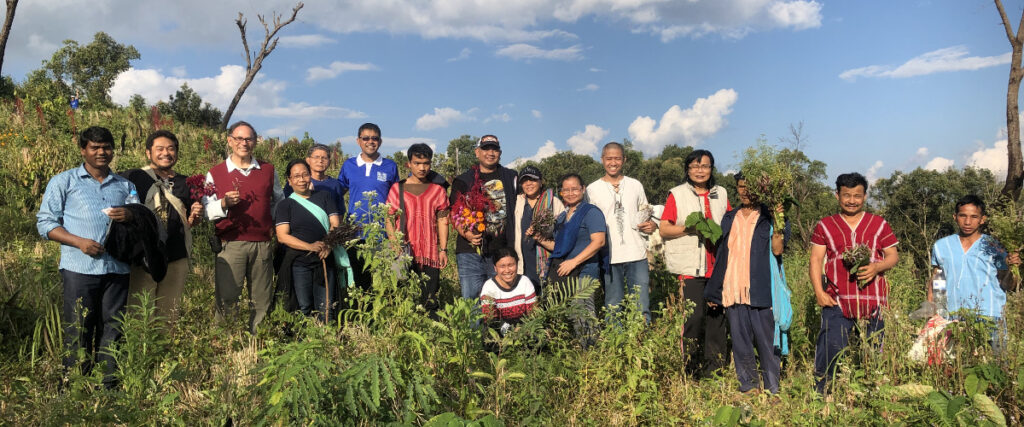
Learning from the Karen tribe
The gathering of the Jesuit Companions in Indigenous Ministry (JCIM) in Chiang Mai, Thailand from November 30 to December 5 enabled us who are working...read more
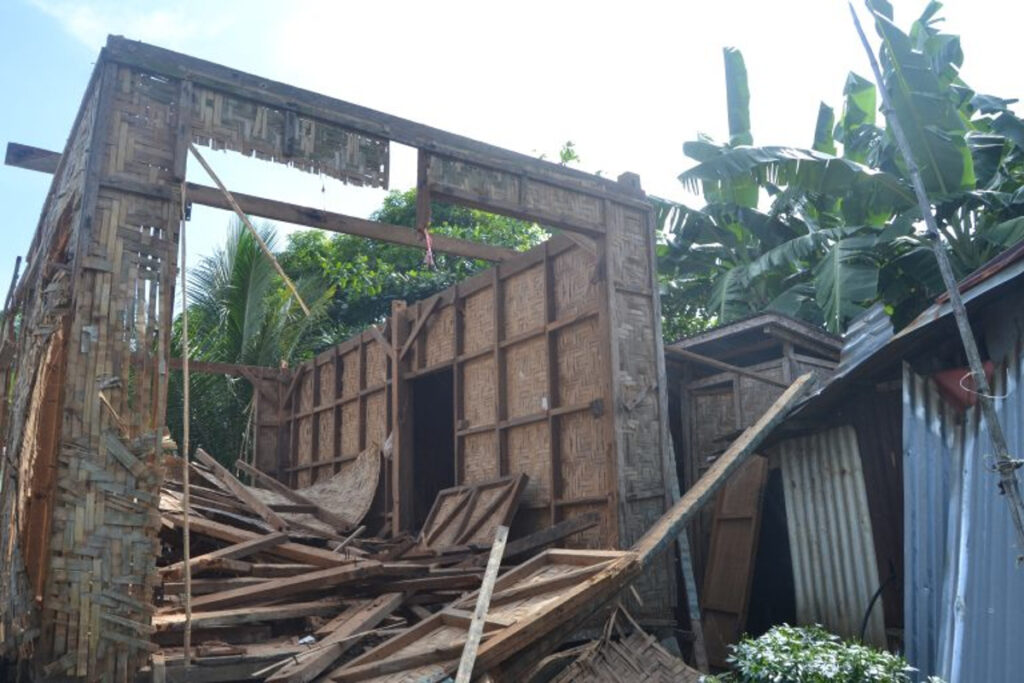
Disassembling temporary shelters, a crucial element in safe relocation to new houses
Two days after Jessylyn Abulencia received the key to her new, disaster-resilient house, she is back to her old place near the creek—not to stay,...read more
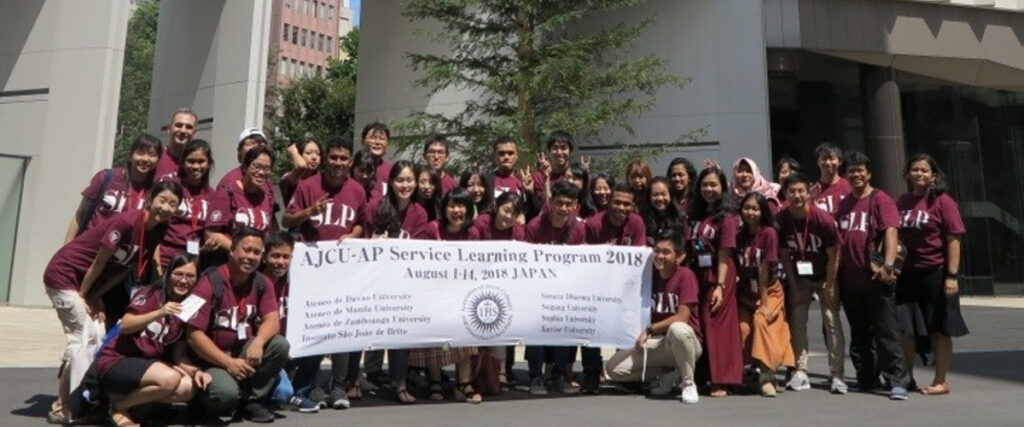
Encountering hope and faith in the upshot of Japan’s great earthquake
Students from Jesuit universities in Indonesia, Philippines, Korea, Timor-Leste and Japan spent two weeks learning about post-disaster community recovery from the experience of Japan. Through...read more
